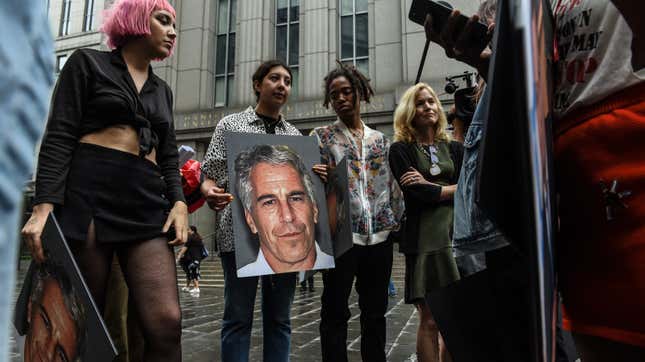Why Are Epstein's Co-Conspirators Still Being Protected?
Latest

Jeffrey Epstein’s death in August, following the emergence of harrowing details of his years of abuse, pulled the rug out from under victims seeking justice and resolution. But there was still the lesser prospect of seeing his co-conspirators—including, notably, alleged “fixer” Ghislaine Maxwell—finally being held to account. Yet Epstein’s numerous associates, several of whom are accused of facilitating and participating in his abuses, have yet to face criminal charges.
This raises a simple question with a not-exactly-simple answer: Why have they continued to escape prosecution?
Partially this is because of a controversial 2007 plea deal that not only allowed Epstein to serve just 13 months in jail—with work release, which allowed him to spend his days in his Palm Beach office—but also protected any and all of his co-conspirators from prosecution. On Monday, accuser Courtney Wild filed an appeal in an attempt to change all that—a move that follows a Florida judge’s decision last month to uphold the decade-plus-old agreement. But much of the difficulty comes from the murkiness of Epstein’s circles; it’s unclear how to draw a clear line between victim and perpetrator, because in at least some cases, his associates may have been both.
-

-

-

-

-

-

-

-

-

-

-

-

-

-

-

-

-

-

-

-

-

-

-

-

-

-

-

-

-

-

-

-

-

-

-

-

-

-

-

-








































